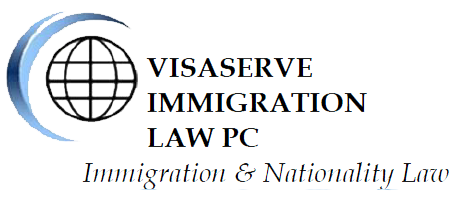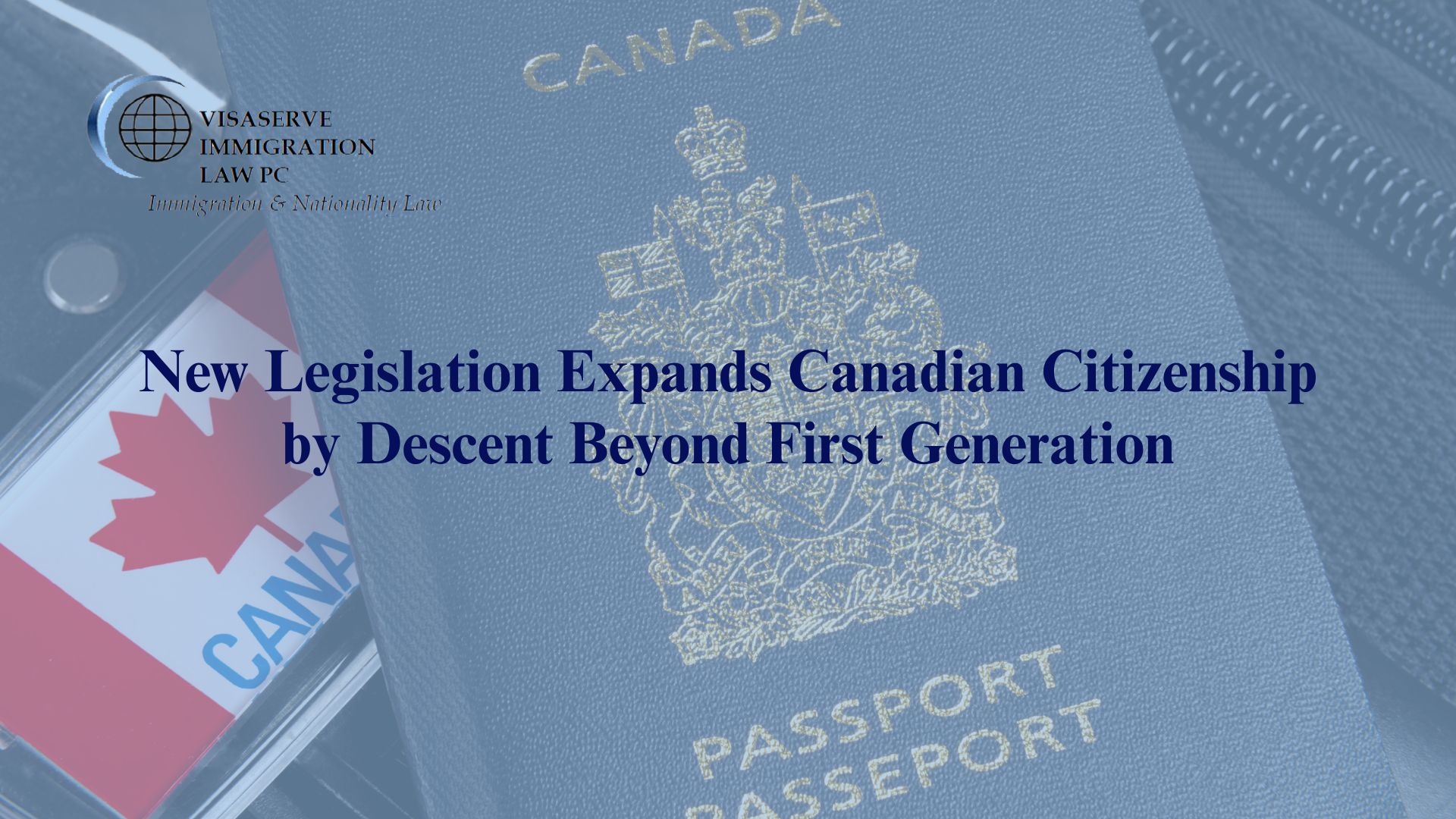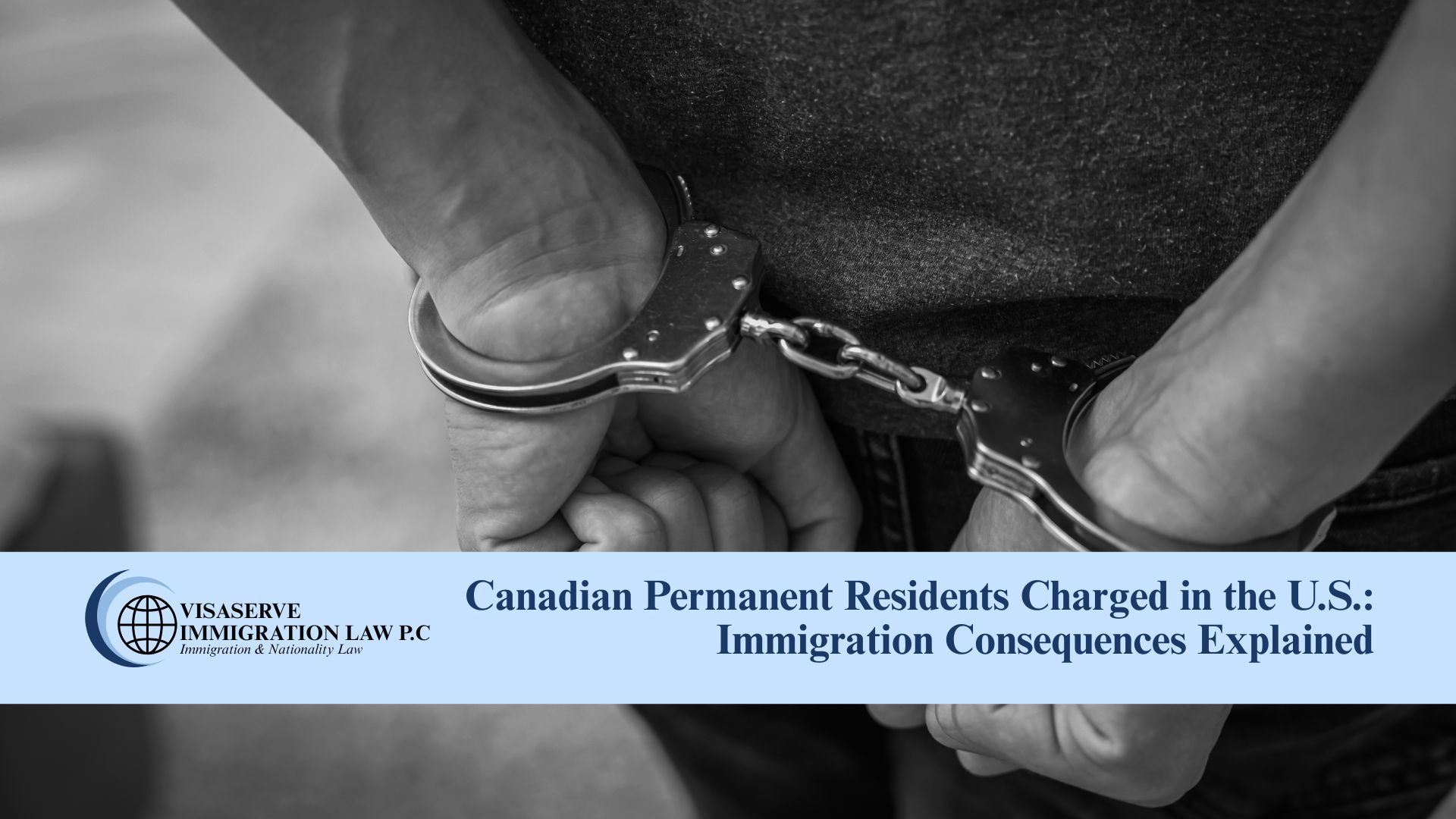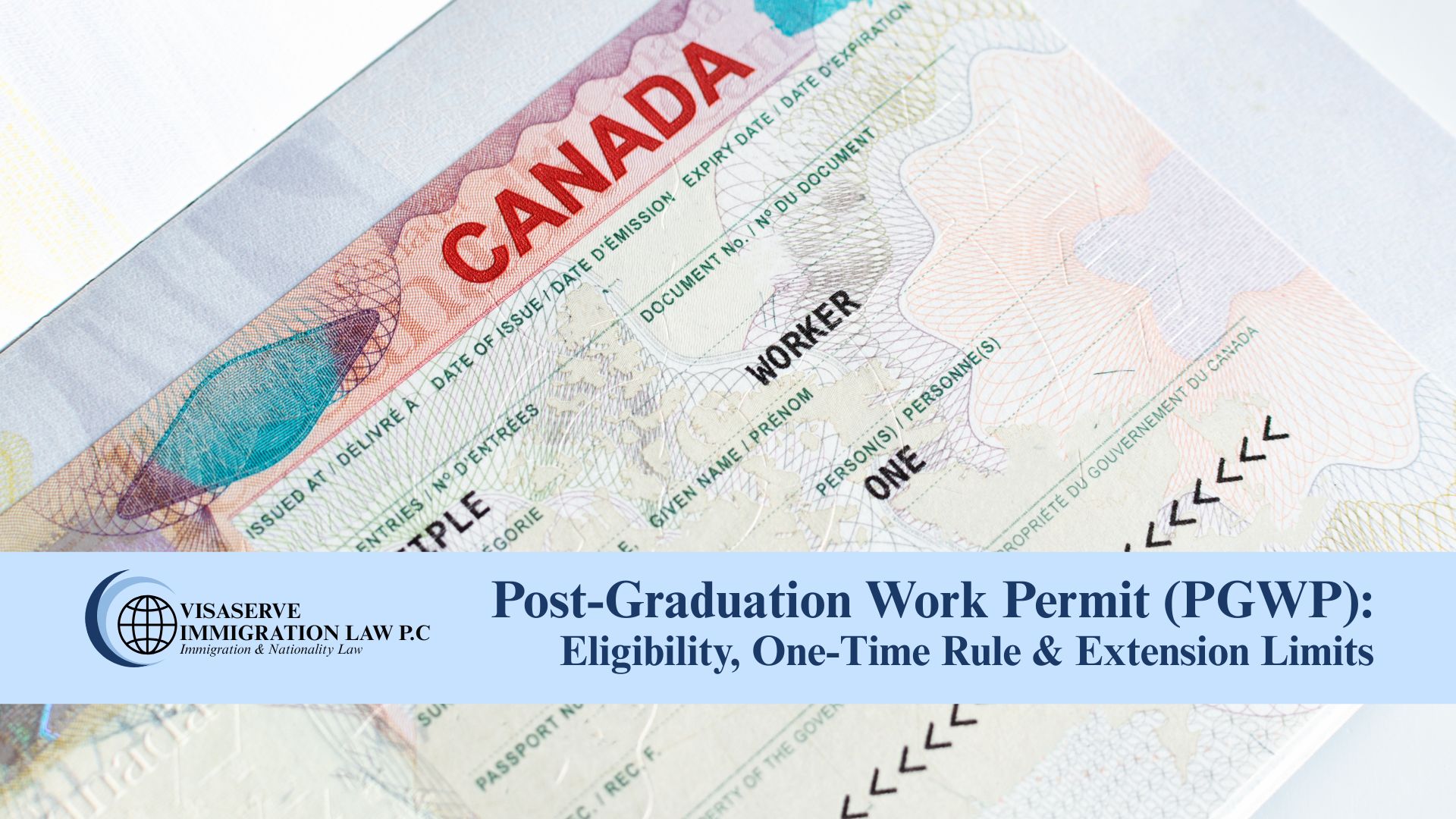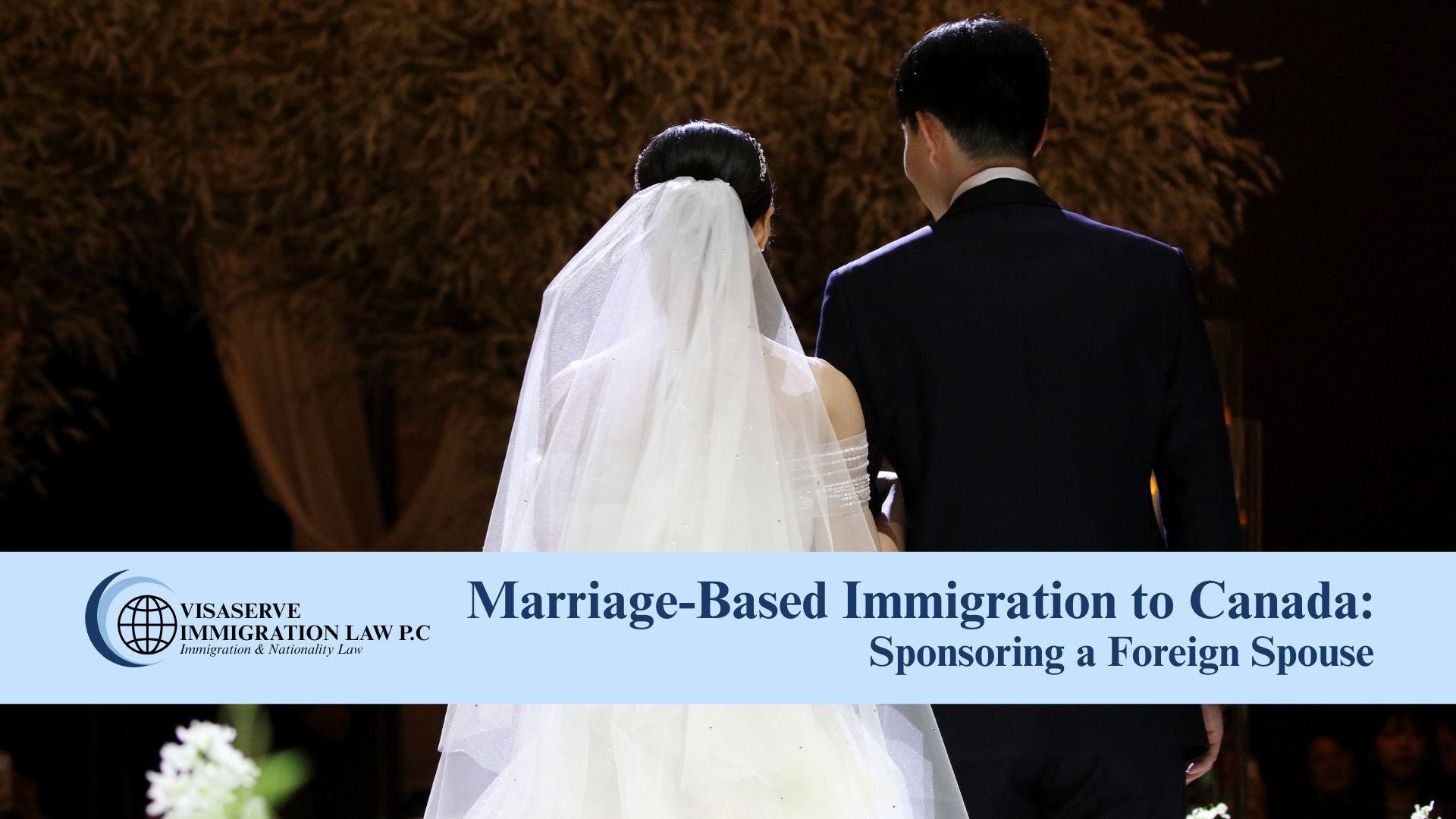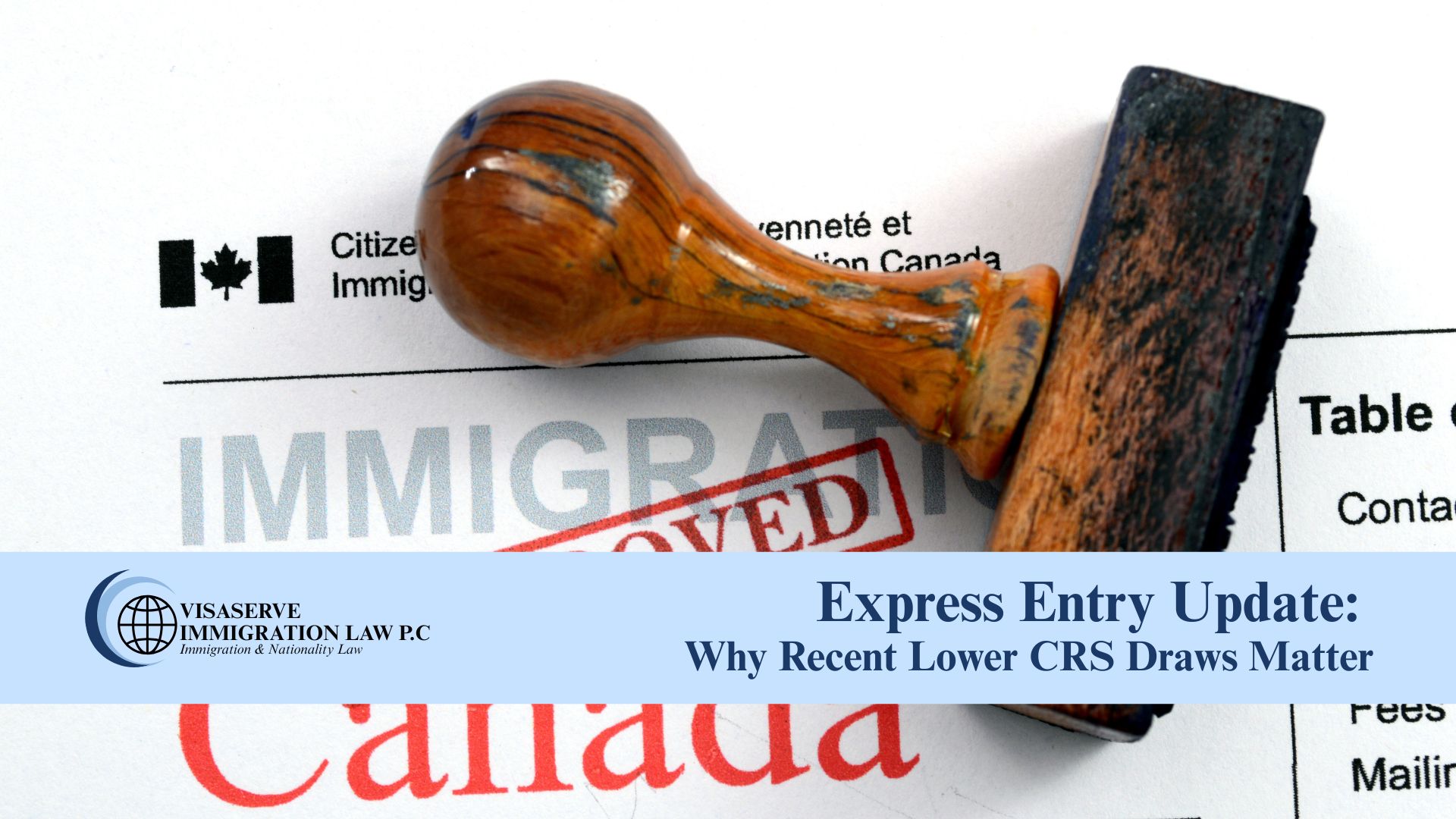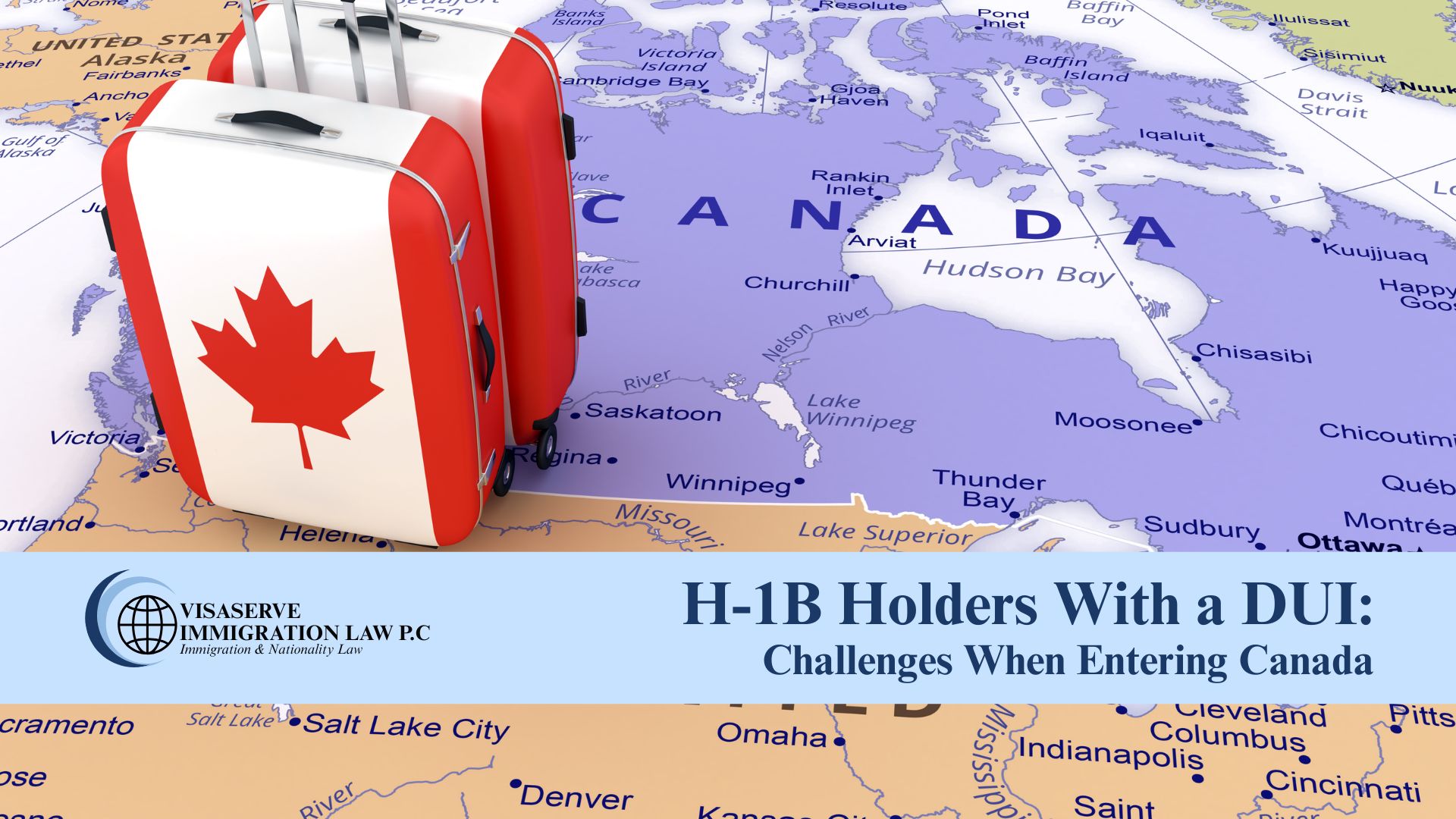On June 5, 2025, the Government of Canada introduced Bill C-3, a landmark piece of legislation set to reshape the framework for Canadian citizenship by descent. This update reflects a commitment to inclusivity and acknowledges the realities of modern Canadian families whose lives often span borders.
What Is the First-Generation Limit?
Under current legislation, citizenship by descent is limited to the first generation born abroad—meaning Canadian citizens who themselves were born outside Canada could not pass on their citizenship to children also born abroad. This has affected thousands of families, restricting the ability of Canadian citizens to transmit their nationality and heritage to their children.
What Changes Under Bill C-3?
Bill C-3, An Act to amend the Citizenship Act (2025), proposes two key reforms:
-
Restoration of Citizenship
Citizenship will be automatically granted to individuals who would be citizens today if not for the existing first-generation limit or outdated legislative provisions. -
New Framework for Future Citizenship by Descent
Moving forward, citizenship may be conferred to children born abroad beyond the first generation—provided one Canadian parent has spent at least 1,095 cumulative days (three years) physically present in Canada before the child’s birth or adoption.
This requirement ensures a “substantial connection to Canada” while allowing for flexibility for globally mobile families.
Who Is Impacted?
-
Individuals born or adopted outside Canada who previously did not qualify for citizenship due to the first-generation limit.
-
Families with Canadian lineage who reside abroad and wish to secure their children’s legal ties to Canada.
-
Former “Lost Canadians” and others impacted by section 8 of the Citizenship Act and older provisions.
These individuals may become eligible for Canadian citizenship once the bill receives Royal Assent and comes into force. IRCC will provide detailed instructions and a path to apply.
Why Now?
The shift was precipitated by a 2023 Ontario Superior Court ruling, which deemed key provisions of the first-generation limit unconstitutional. The federal government chose not to appeal, affirming that the law had unfair consequences for modern Canadian families.
Looking Ahead
Minister Lena Metlege Diab emphasized that this reform is about more than just legal status:
“It reflects our belief that being Canadian means more than just a place of birth; it’s about belonging, shared experiences, and a commitment to the inclusive and diverse community we all call home.”
If passed, Bill C-3 will not only rectify historical exclusions but also provide a forward-looking framework that balances national connection with global realities.
Need Legal Guidance?
If you or your family members may be impacted by this update to Canadian citizenship by descent, contact Visaserve Immigration Law P.C. Our team of immigration professionals is here to provide personalized guidance and application support once this legislation comes into effect.
